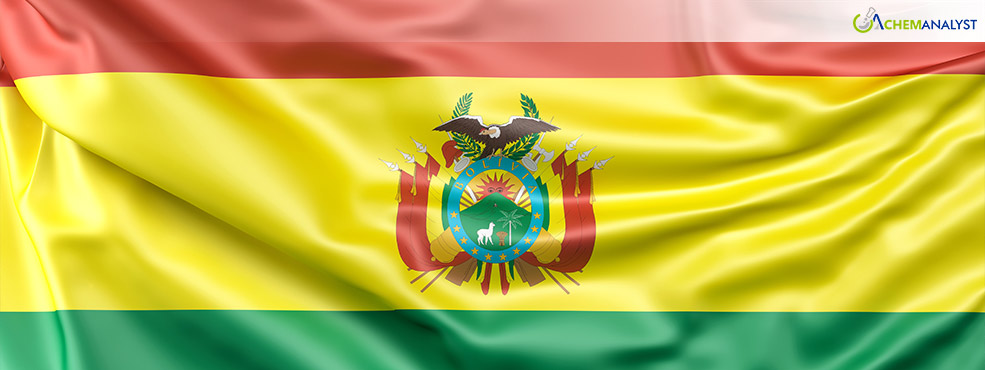Welcome To ChemAnalyst

Bolivia is intensifying its efforts to exploit its vast lithium reserves, forging new partnerships with foreign investors to build processing plants and ramp up production.
The country recently inaugurated its first large-scale lithium plant, a joint venture with a Chinese company. Furthermore, agreements with Russia's Uranium One Group and a Chinese consortium are awaiting congressional approval. These deals, according to YLB President Omar Alarcon, are crucial to achieving an annual lithium carbonate production target of 49,000 tons within three years.
Bolivia's state-led approach to resource management, coupled with a history of political and social unrest, has historically deterred private investment. The current market glut, which has significantly depressed lithium prices, further complicates the country's ambitions.
Extracting high-quality lithium from Bolivia's vast salt flats presents significant challenges. The presence of high magnesium levels increases production costs and reduces purity. Moreover, the remote location of the deposits, far from the nearest port, adds to logistical hurdles.
The government is banking on innovative direct extraction technologies to overcome these obstacles and accelerate production. The Uranium One deal, valued at $970 million, involves constructing a plant with an annual capacity of 14,000 tons. The agreement with the Chinese consortium, worth $1 billion, aims to establish two plants with a combined annual output of 35,000 tons.
However, these deals have faced stiff opposition. Critics argue that the contracts lack transparency and offer insufficient royalties to the Bolivian government. Lawmakers like Juan Jose Torrez have demanded an increase in royalties from the current 3% to 11%. Civil society groups have staged protests against the agreements, urging Congress to reject them.
Alarcon dismissed these criticisms as politically motivated or misinformed. He emphasized that Bolivia will retain majority ownership in the ventures and exercise control over lithium sales. He also assured that YLB will not begin repaying investments until the plants achieve full operational capacity, minimizing financial risk for the state.
The Russian and Chinese firms will receive lithium carbonate as preferential buyers in exchange for their investments over a period of 10 years, with the final repayment amount dependent on international price fluctuations. While the contracts assume a lithium price of $30,000 per ton, Alarcon acknowledged that prices of at least $10,000 per ton are necessary for the plants to remain commercially viable.
Bolivia's track record in lithium development has been mixed. YLB's first processing plant operated at a mere 17% of capacity last year and is expected to reach only 23% this year.
Alarcon stressed that the new deals are crucial for Bolivia to realize its vast lithium potential. He warned that rejecting these agreements could delay large-scale production by as much as 15 years, a scenario he described as "catastrophic" for the country.
We use cookies to deliver the best possible experience on our website. To learn more, visit our Privacy Policy. By continuing to use this site or by closing this box, you consent to our use of cookies. More info.
